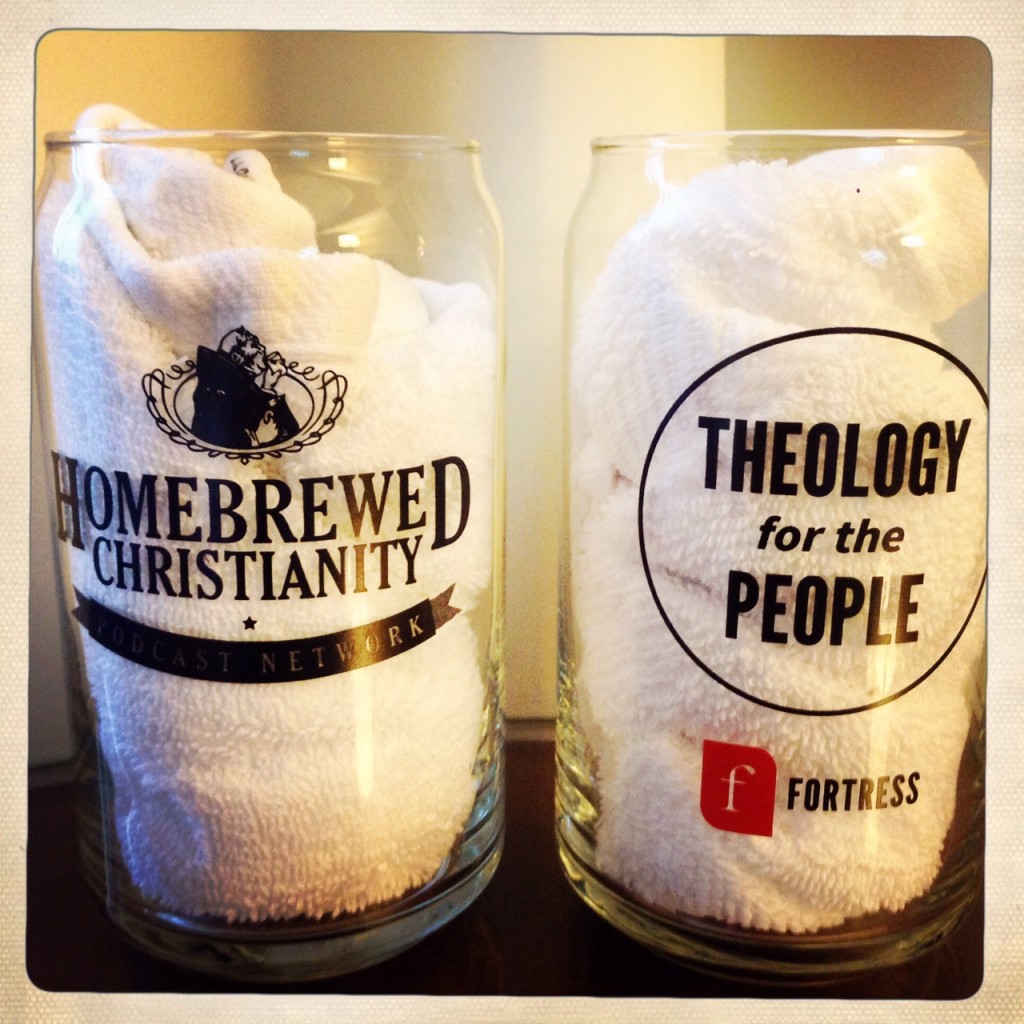This is a sponsored post and part of the Patheos Book Club. Check out the Book Club for more posts on this book and for responses from the author.
Years ago, I received a manuscript in the mail from my dear friends at Jossey-Bass. It was in the midst of a glut of books in the suddenly popular sub-genre of religious memoir (think Kathleen Norris, Anne Lamott, and Lauren Winner), and it was a book by a guy who had attended ORU and then seen the error of his ways. I declined, writing something like, “The world needs another memoir by a 27-year-old like I need another hole in my head.”
The book was by Patton Dodd, who has become a friend of mine and, as fate would have it, is now the managing editor of Patheos. (I’ve told Patton this story, and he has forgiven me for not endorsing his book.)
I’ve generally held to this in the years since; few memoirs hold my attention — a recent exception is David Carr’s riveting Night of the Gun, about which I’ve already blogged.
Alisa Harris’s Raised Right: How I Untangled My Faith from My Politics is just this: a religious memoir by a young woman who has seen the error of her parents’ ways.
One of the things that I like about Harris’s book is, quite frankly, that she saw the errors of her way so early. She got out of the religious right movement, soon enough that she doesn’t have the sins to atone for that, for instance, Frank Schaeffer does. She quickly turned what was wrong about the way she was raised into some real goodness, including the non-profit development work with which she is now engaged.
Neither does she have the anger that Schaeffer has at the whole religious right monolith (for the record, I think that Frank’s anger is justified). Harris shares stories that are downright creepy, like when she and her sister played dolls with plastic models of fetuses that her parents used at pro-life rallies. Somehow, in spite of this creepiness, Harris finds the best in her parents, and she credits them with instilling in her the very values that now motivate her work on behalf of the the downtrodden.
Finally, Harris avoids the temptation to preach about what she does believe these days. She seems wary to weigh in on matters of politics and on social issues in the book, which, it seems to me, is very wise of her. Unlike others, who’ve had to write memoirs recanting their earlier memoirs, Harris’s book is a memoir-on-the-way.
I only hope that her parents see how generous she’s been to them when they read the book.











